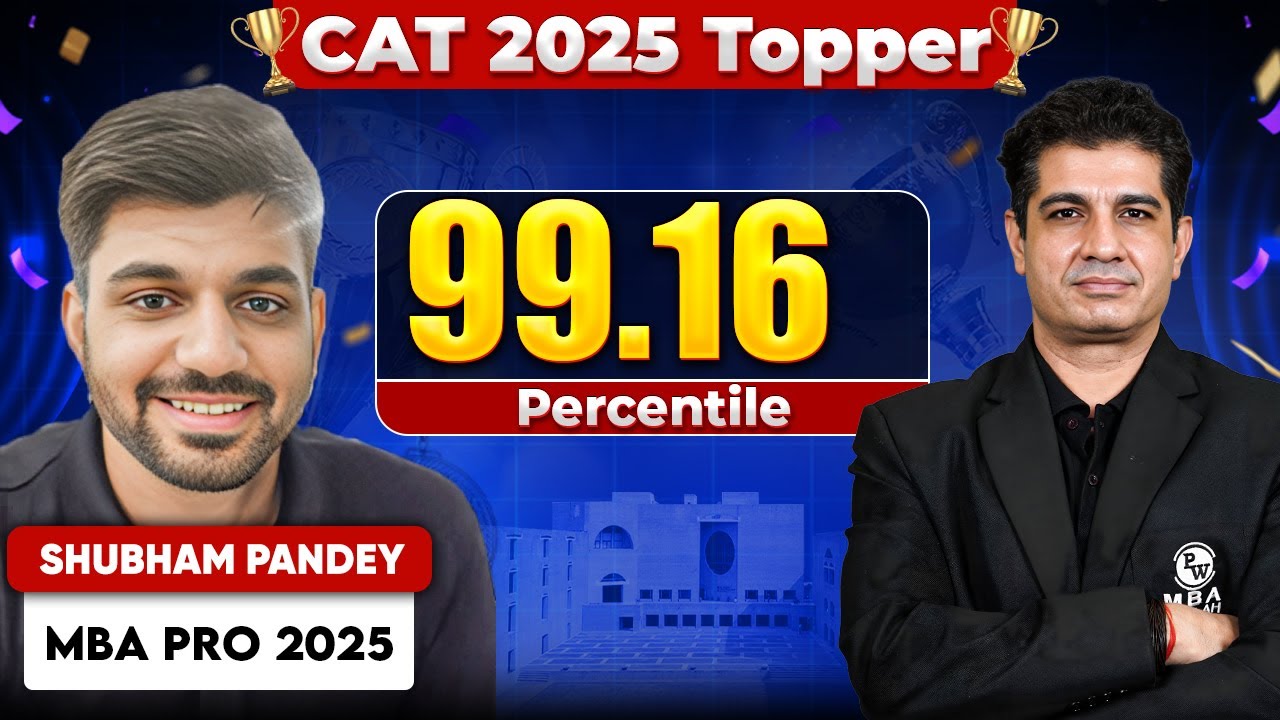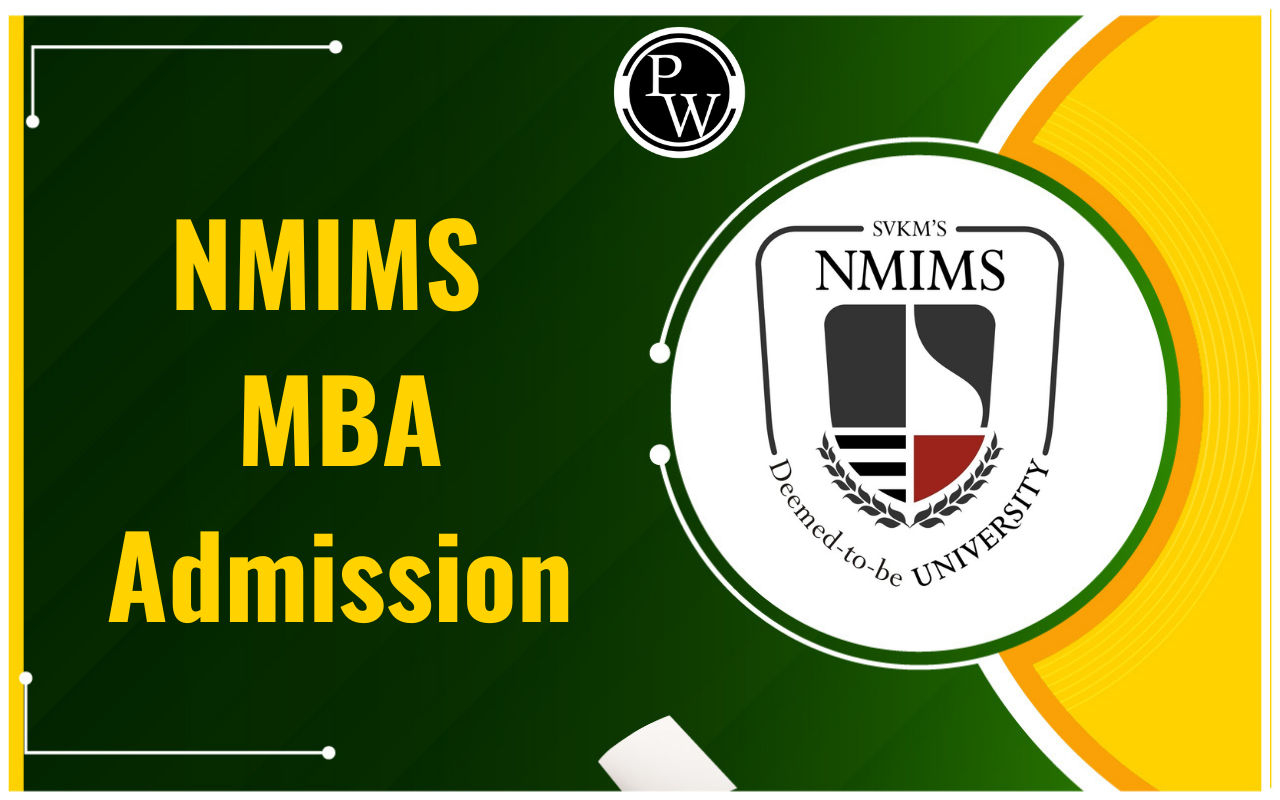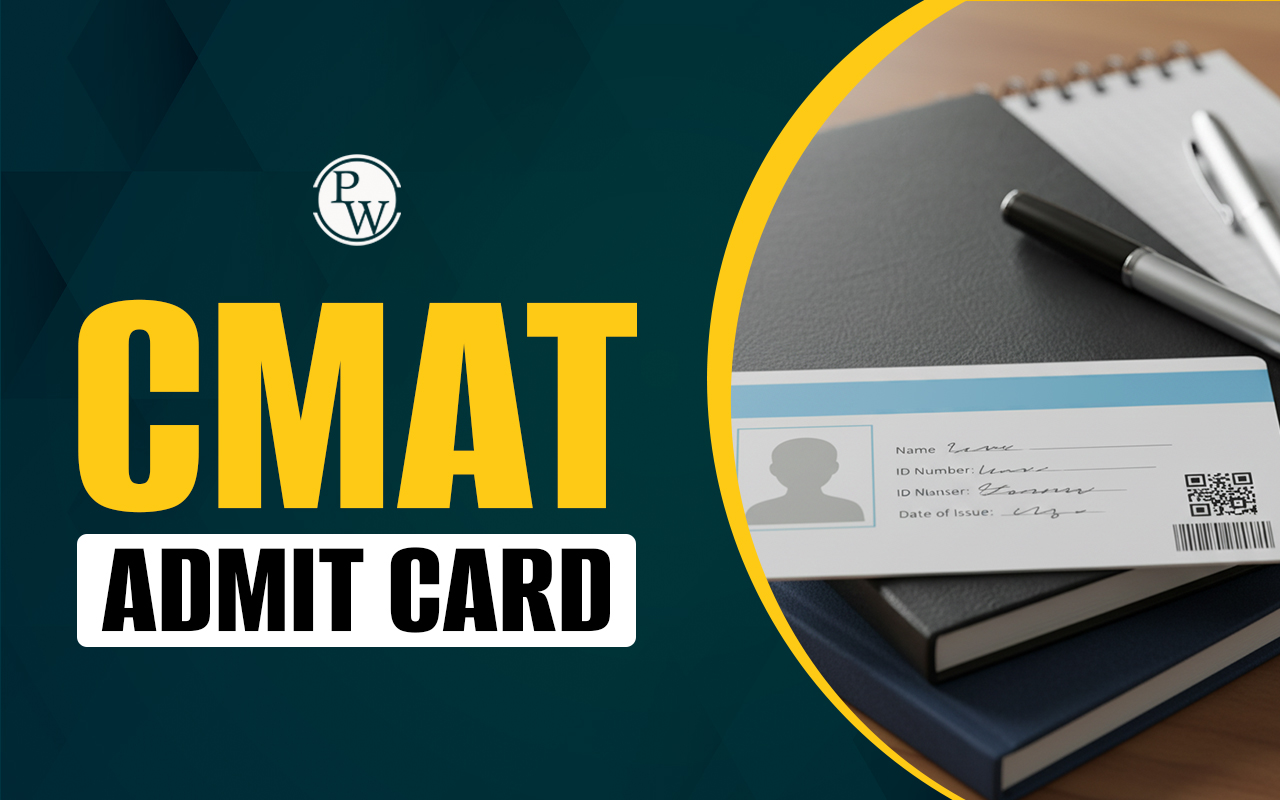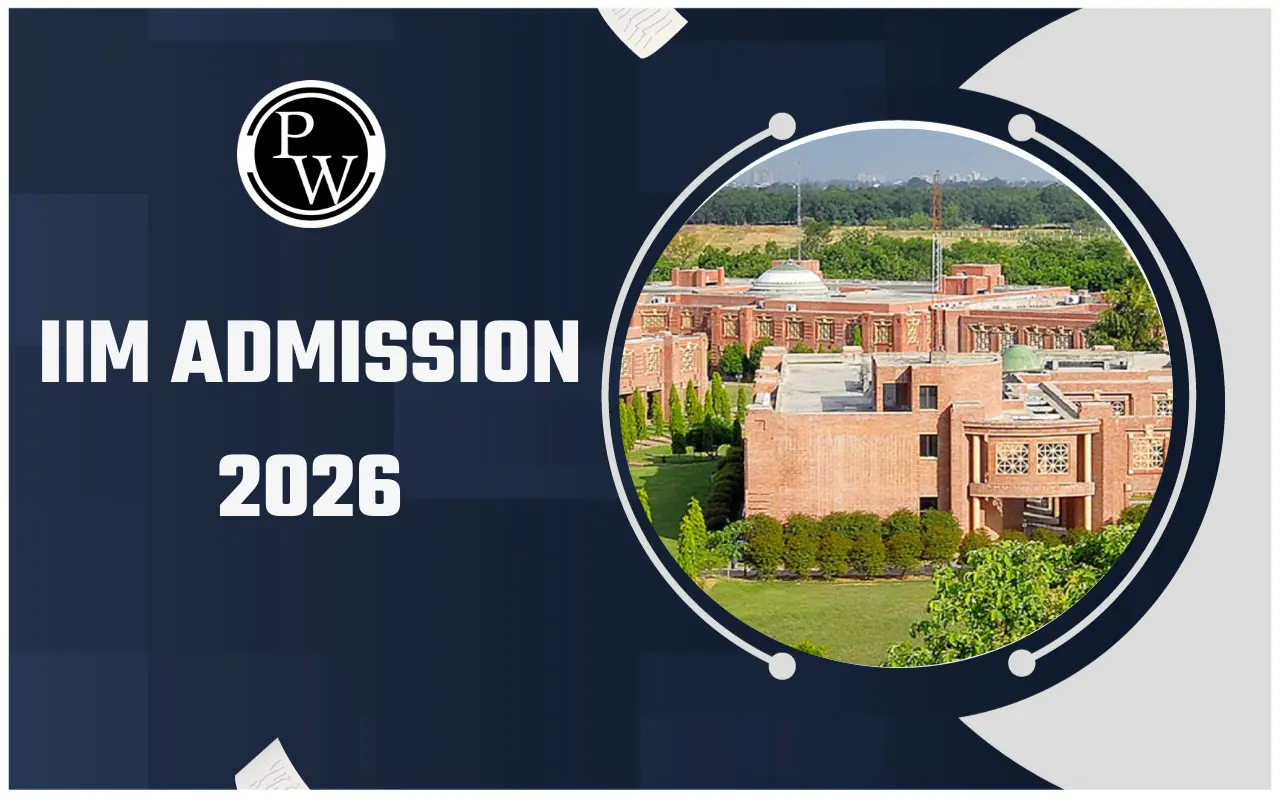
Top Business Schools without GMAT Requirement: Pursuing an MBA or PGDM from a reputed business school is a major career goal for many aspirants. Traditionally, the GMAT has been a key part of the admission process, serving as a benchmark for evaluating candidates. However, many leading business schools worldwide, including those in India, now offer admissions without requiring GMAT scores. These institutions consider additional parameters, such as academic performance, professional experience, essays, interviews, and alternative test scores, to assess a candidate’s potential.
This shift has opened up new opportunities for students who may not have the resources, time, or inclination to prepare for the GMAT. Whether due to test-optional policies, waivers for experienced professionals, or changes in admission strategies post-pandemic, many top-tier B-schools are making MBA education more accessible.
Overview of Top B-Schools Without GMAT
Many business schools today offer MBA programs that do not require GMAT scores as part of their admission criteria. This is especially beneficial for applicants who either haven’t taken the GMAT or didn’t achieve a high score. These institutions emphasize a more holistic approach to admissions, focusing on academic records, professional experience, and leadership potential. By doing so, they aim to attract a broader and more diverse applicant pool, including those who may not have had the time or financial means to prepare for the GMAT. Below are some top B-schools that have waived the GMAT requirement:
-
University of Chicago: Booth School of Business: Offers a Deferred Admission program targeted at final-year undergraduates and recent graduates with limited work experience. The Executive MBA program also does not mandate a GMAT score.
-
Harvard Business School: Evaluates applicants based on academic achievements, career progression, and demonstrated leadership, without requiring GMAT scores.
-
MIT Sloan School of Management: Provides GMAT waivers for candidates who hold an advanced degree. The Executive MBA program also admits students without a GMAT requirement.
-
University of Virginia: Darden School of Business: Grants waivers to those with a prior graduate degree. Additionally, their one-year MBA program does not call for GMAT scores.
-
Northwestern University: Kellogg School of Management: Focuses on academic history, professional background, communication ability, and leadership qualities instead of relying on GMAT results.
|
Overview of Top B-Schools without GMAT |
||
|
Business School |
GMAT Requirement |
Special Programs/Notes |
|
Chicago Booth |
Not Required |
Deferred Admission for seniors, No GMAT for Exec MBA |
|
Harvard Business School |
Not Required |
Considers academics, work, leadership; No GMAT |
|
MIT Sloan |
GMAT Waiver |
Waiver for previous grad degree; No GMAT for Exec MBA |
|
UVA Darden |
GMAT Waiver |
Waiver for previous grad degree; One-year MBA, No GMAT |
|
Northwestern Kellogg |
Not Required |
Considers academics, work, leadership, communication; No GMAT |
Differences between MBA Programs With and Without GMAT
When applying to MBA programs, one of the key considerations is whether the school requires a GMAT score. While many top business schools continue to include the GMAT as part of their admissions process, a growing number are moving toward test-optional or test-waiver policies. Understanding the differences between these types of programs can help applicants choose the path that best suits their strengths, background, and career goals. Here are the main differences between MBA programs that require the GMAT test and those that don't:
MBA Programs That Need the GMAT:
-
When applying to MBA programs, you are typically required to submit your GMAT or GRE scores.
-
Admissions committees consider these scores alongside your academic performance, professional background, and leadership potential.
-
In some cases, schools may offer waivers for the GMAT/GRE if you have a strong academic record, extensive work experience, or an advanced degree.
-
A high GMAT or GRE score can strengthen your application and may also improve your chances of receiving merit-based scholarships or financial aid.
Also Read: GMAT Eligibility Criteria
MBA Programs That Don't Need the GMAT:
-
Submitting GMAT or GRE scores is not mandatory for test-optional MBA programs.
-
Instead, admissions committees focus on your overall profile—academic performance, professional experience, leadership qualities, and personal achievements play a bigger role in their evaluation.
-
By removing the standardized test requirement, these programs aim to be more accessible and inclusive, attracting a wider range of applicants.
-
The time and energy saved from GMAT/GRE preparation can be redirected toward strengthening other parts of your application, such as essays, recommendations, or resumes.
-
However, some schools may still conduct interviews to assess your academic readiness and professional suitability for the program.
Also Read: GMAT Topics
List of Top B-Schools without GMAT
With the growing demand for flexibility in MBA admissions, many leading business schools have revised their entry criteria to become more inclusive. By waiving the GMAT requirement, these programs aim to attract high-potential candidates from diverse academic and professional backgrounds. This trend is especially beneficial for applicants with strong experience, advanced degrees, or exceptional leadership qualities. Here are the top MBA programs that do not require the GMAT:
|
List of Top B-Schools without GMAT |
||
|
Name |
Place |
Address |
|
Stanford University |
Stanford, CA |
Stanford, CA 94305 |
|
Harvard University |
Cambridge, MA |
Cambridge, MA 02138 |
|
Massachusetts Institute of Technology (MIT) |
Cambridge, MA |
77 Massachusetts Ave, Cambridge, MA 02139 |
|
University of Chicago |
Chicago, IL |
5801 S Ellis Ave, Chicago, IL 60637 |
|
Columbia University |
New York, NY |
New York, NY 10027 |
|
Kellogg School of Management at Northwestern University |
Evanston, IL |
2211 Campus Dr, Evanston, IL 60208 |
|
University of Virginia’s Darden School of Business |
Charlottesville, VA |
100 Darden Blvd, Charlottesville, VA 22903 |
|
Booth School of Business at the University of Chicago |
Chicago, IL |
5807 S Woodlawn Ave, Chicago, IL 60637 |
|
Marshall School of Business at USC |
Los Angeles, CA |
3670 Trousdale Pkwy, Los Angeles, CA 90089 |
|
Kenan-Flagler Business School at UNC Chapel Hill |
Chapel Hill, NC |
McColl Building, Chapel Hill, NC 27599 |
|
Questrom School of Business at Boston University |
Boston, MA |
595 Commonwealth Ave, Boston, MA 02215 |
|
University of Southern Maine School of Business |
Portland, ME |
96 Falmouth St, Portland, ME 04103 |
|
Simon Business School at the University of Rochester |
Rochester, NY |
500 Joseph C. Wilson Blvd, Rochester, NY 14627 |
|
Babson College |
Babson Park, MA |
231 Forest St, Babson Park, MA 02457 |
|
Rotman School of Management |
Toronto, ON |
105 St George St, Toronto, ON M5S 3E6, Canada |
|
DePaul University |
Chicago, IL |
1 E Jackson Blvd, Chicago, IL 60604 |
|
Northeastern University’s D’Amore-McKim School of Business |
Boston, MA |
360 Huntington Ave, Boston, MA 02115 |
|
Loyola Marymount University |
Los Angeles, CA |
1 LMU Dr, Los Angeles, CA 90045 |
|
UCLA Anderson School of Management |
Los Angeles, CA |
110 Westwood Plaza, Los Angeles, CA 90095 |
|
USC Marshall School of Business |
Los Angeles |
3670 Trousdale Pkwy, Los Angeles, CA 90089 |
|
Baruch College’s Zicklin School of Business |
New York, NY |
1 Bernard Baruch Way, New York, NY 10010 |
|
Hofstra University’s Zarb School of Business |
Hempstead, NY |
1000 Hempstead Turnpike, Hempstead, NY 11549 |
|
NYU Stern School of Business |
New York, NY |
44 W 4th St, New York, NY 10012 |
|
Seton Hall University Stillman School of Business |
South Orange, NJ |
400 S Orange Ave, South Orange, NJ 07079 |
|
Drexel University’s LeBow College of Business |
Philadelphia, PA |
3141 Chestnut St, Philadelphia, PA 19104 |
|
Saint Joseph University’s Haub School of Business |
Philadelphia, PA |
5600 City Ave, Philadelphia, PA 19131 |
|
North Carolina State University’s Poole College of Management |
Raleigh, NC |
2801 Founders Dr, Raleigh, NC 27695 |
|
College of Charleston’s School of Business |
Charleston, SC |
5 Liberty St, Charleston, SC 29401 |
|
Pepperdine University’s Graziadio Business School |
Malibu, CA |
24255 Pacific Coast Hwy, Malibu, CA 90263 |
|
University of Denver’s Daniels College of Business |
Denver, CO |
2101 S University Blvd, Denver, CO 80210 |
Also Read: GMAT Online Coaching in India
Admission requirements for MBA programs without GMAT
Here are the key admission requirements for MBA programs without GMAT for both Indian and foreign colleges:
For Indian Colleges
-
Hold a bachelor's degree in any stream from a recognized university.
-
A minimum of 50% marks in the bachelor's degree
-
No work experience is required, though 2 years of work experience is preferred.
-
Take entrance exams like the CAT, MAT, XAT, and CMAT instead of the GMAT
-
No language proficiency test is required.
For Foreign Colleges
-
Hold a bachelor's degree in business or a related field.
-
Minimum of 3–5 years of work experience
-
Take language proficiency tests like the TOEFL or IELTS.
-
No GMAT is required, but some colleges may accept GRE scores.
-
Meet the specific eligibility criteria set by the university.
The key differences are that foreign MBA programs typically require more work experience (3-5 years) compared to Indian programs (0–2 years), and they require language proficiency tests like TOEFL and IELTS, which are not needed for Indian MBA programs. However, both Indian and foreign colleges offer MBA programs that do not require the GMAT exam.
B-Schools without GMAT: Alternative Exams
A growing number of top-tier MBA programs have eliminated the mandatory GMAT or GRE requirement, offering greater flexibility to prospective students. This shift provides opportunities for applicants who may not have taken these standardized tests or whose scores do not reflect their true potential. Instead, these programs emphasize professional experience, academic performance, and leadership capabilities. Below are some renowned MBA programs that do not require GMAT or GRE scores:
-
University of Chicago Booth School of Business: Booth offers a deferred enrollment program specifically designed for final-year undergraduates and recent graduates with minimal work experience. These candidates can apply without submitting GMAT scores.
-
Harvard Business School: HBS evaluates applicants holistically, considering academic records, leadership experience, and career accomplishments. While the GMAT is optional, strong scores can still enhance an application.
-
MIT Sloan School of Management: Sloan offers GMAT waivers to applicants who already possess an advanced degree, such as a master's or PhD. Additionally, their Executive MBA program does not require GMAT scores.
-
University of Virginia, Darden School of Business: Darden’s Executive MBA program waives the GMAT requirement, allowing professionals with significant experience to apply without test scores.
-
Stanford University: The Graduate School of Business at Stanford accepts alternative standardized tests like the GRE and does not strictly require the GMAT for admission.
-
Harvard University: Harvard Business School also considers applications without GMAT scores and accepts other standardized tests such as the GRE.
-
Massachusetts Institute of Technology: MIT Sloan grants GMAT waivers for candidates holding a previous graduate degree and does not require the GMAT for select MBA programs.
-
Carnegie Mellon University, Tepper School of Business: Tepper’s MBA admissions process considers the overall applicant profile rather than relying solely on test scores. They accept the GRE and Executive Assessment (EA) as alternatives.
-
University of Texas at Austin, McCombs School of Business: McCombs offers a GMAT-optional application route and accepts alternative tests like the GRE and EA.
-
University of Southern California, Marshall School of Business: Marshall allows applicants to apply without GMAT scores and accepts other standardized exams such as the GRE.
Also Read: What is GMAT Exam?
Alternative exams to GMAT for MBA Programs
Many MBA programs now recognize a range of standardized tests as alternatives to the GMAT. These exams cater to applicants from diverse academic and professional backgrounds:
-
GRE (Graduate Record Examination): Widely accepted by business schools, the GRE is a general admissions test for graduate programs and is often used in place of the GMAT.
-
Executive Assessment (EA): Designed for experienced professionals, the EA is commonly accepted by executive MBA programs as a more flexible testing option.
-
LSAT (Law School Admission Test): Some MBA programs consider the LSAT, particularly for candidates with legal education or experience.
-
MCAT (Medical College Admission Test): Select MBA programs accept the MCAT for applicants with a background in medicine or the sciences.
-
DAT (Dental Admission Test): Primarily intended for dental school admissions, the DAT may be accepted by a few MBA programs for candidates with dental or healthcare expertise.
Candidates aiming to qualify for the GMAT with a high score must prepare under the guidance of expert faculty. To improve candidates' GMAT preparation, PW offers GMAT Stellar Pro 2025 with detailed syllabus coverage, doubt resolution, adaptive mock tests, and in-depth performance analysis.
B-Schools without GMAT FAQs
Can I apply to business schools without GMAT scores?
What are some alternatives to the GMAT for B-School admissions?
Are B-Schools without GMAT requirements less competitive?
How can I find B-Schools that do not require GMAT scores?
Are B-Schools without GMAT scores considered less prestigious?










